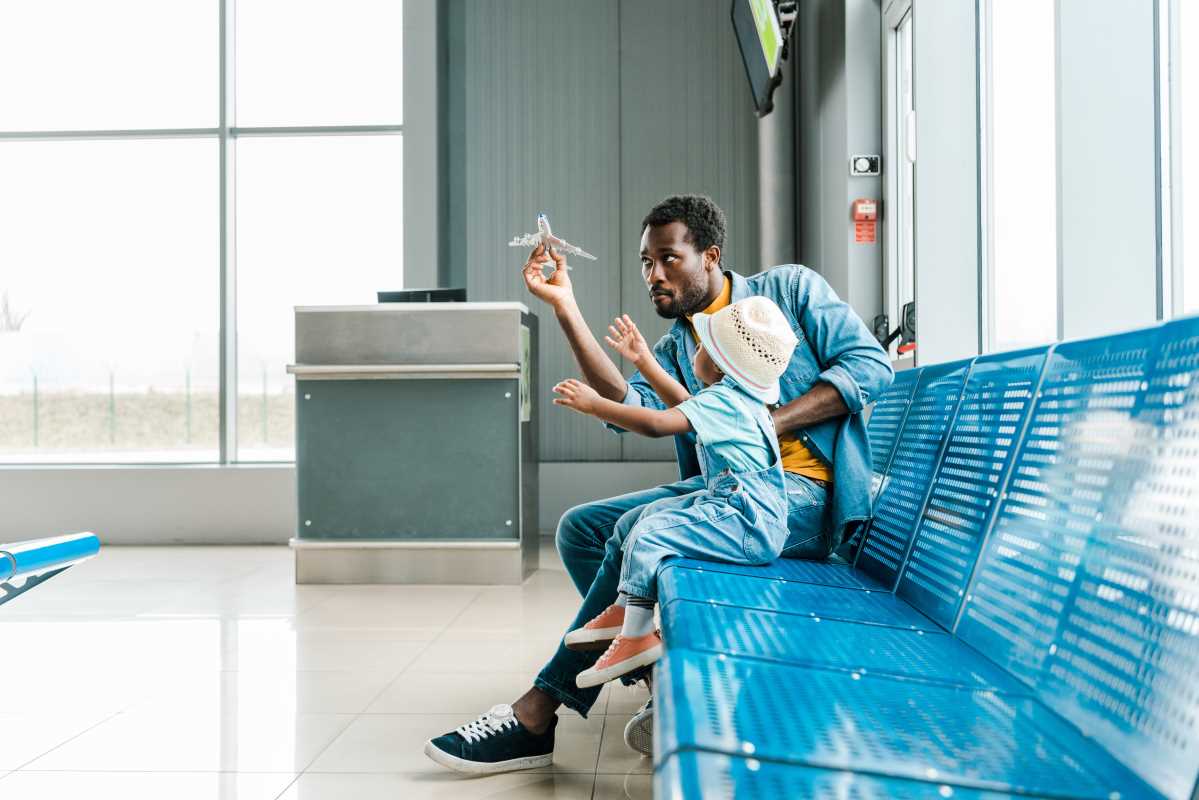Traveling abroad can be an exhilarating experience filled with new adventures, cultural discoveries, and unforgettable memories. However, ensuring your health and well-being while away from home is just as important as the thrill of exploration. Navigating medical care in a foreign country can seem daunting, especially in unfamiliar healthcare systems or with language barriers. However, with some preparation and essential knowledge, you can handle medical situations confidently and ensure peace of mind during your trip. Here are several key tips for navigating medical care while traveling abroad.
Research Healthcare Options
Before embarking on your journey, take time to research the healthcare options available in the country you plan to visit. Start by looking into whether the country has a public healthcare system, as well as private hospitals and clinics, and assess the general quality of care provided. The level of healthcare infrastructure varies widely from country to country, so understanding these differences is essential. For example, some countries offer excellent public healthcare services that are accessible to tourists, while others may have limited public options and rely more heavily on private healthcare facilities.
Research the locations of hospitals and clinics in the areas you will be staying, and find out which facilities are recommended for tourists or expatriates. Some hospitals cater specifically to international travelers and provide services in multiple languages. Additionally, you may want to check if the healthcare facilities in the country accept your travel insurance, as this can save you both time and money in case of an emergency. Knowing where to go in case of a medical issue can save you from unnecessary stress and help you get appropriate care quickly.
Invest in Travel Insurance
One of the most crucial steps in preparing for medical care abroad is investing in travel insurance. Ensure that your policy includes coverage for medical emergencies, hospital stays, and even medical evacuation if necessary. Many standard health insurance policies do not cover international medical expenses, so travel insurance can bridge that gap and provide you with financial protection in case of unforeseen medical circumstances.
Medical evacuation coverage is especially important if you’re traveling to a remote area with limited healthcare facilities, as it can cover the cost of transporting you to a nearby country or back home for treatment. In addition to medical coverage, many travel insurance plans offer assistance with finding doctors, scheduling appointments, and arranging transportation to medical facilities.
Pack a Travel Health Kit
When traveling abroad, it's essential to pack a travel health kit with necessary medical supplies. This should include items like prescription medications, pain relievers, bandages, antiseptic wipes, and any over-the-counter medicines you may need. Make sure to carry a copy of your prescriptions and a note from your doctor that outlines your medical conditions and required medications. This documentation can be especially helpful if you need to replace medications abroad or explain your medical history to healthcare providers.
It's also a good idea to include any medical devices you may need, such as inhalers, allergy treatments, or blood sugar monitors. Additionally, if you’re traveling to an area with specific health risks, such as mosquito-borne illnesses, you might want to pack insect repellent, antimalarial medication, or water purification tablets.
Seek Local Recommendations
If you need medical care while traveling, seeking recommendations from locals, hotel staff, or expatriates living in the area can be invaluable. They are likely familiar with the local healthcare system and can point you to reputable doctors, clinics, or hospitals. Some embassies and consulates also maintain lists of recommended healthcare providers for foreign visitors. Having access to these trusted recommendations can help you feel more confident in your choice of care and avoid less reliable or lower-quality facilities.
Overcoming Language Barriers
One of the biggest challenges in seeking medical care abroad is the potential for language barriers. If you don’t speak the local language, even a simple doctor’s visit can become complicated. To help ease communication, consider learning some key medical phrases in the local language before your trip. Phrases like “I need a doctor,” “I have an allergy,” or “I am in pain” can be extremely helpful.
In addition, there are several tools you can use to overcome language barriers. Many translation apps allow for quick communication, or you can carry a translated medical glossary to assist during consultations. If you're in a country where English is not widely spoken, it may also be beneficial to hire a local interpreter, especially in more complex medical situations.
Stay Informed About Health Risks
Before traveling, make sure you are aware of any potential health risks in your destination country. These may include infectious diseases, food and water safety concerns, or prevalent illnesses that are not common in your home country. In some cases, you may need to receive specific vaccinations before your trip. The Centers for Disease Control and Prevention (CDC) and the World Health Organization (WHO) provide valuable resources for understanding health risks in different regions.
While abroad, practice safe food and water habits, particularly if you're in a region with lower sanitation standards. Stick to bottled or purified water, avoid raw or undercooked foods, and use insect repellent in areas where mosquito-borne illnesses are a concern.
Emergency Contacts
Before departing, compile a list of emergency contacts, including local emergency numbers, the nearest hospital or clinic, and the contact information for your country's embassy or consulate. Also, have your travel insurance provider’s contact information readily available. These details will be crucial in case of a medical emergency and can help you quickly access the assistance you need.
Navigating medical care while traveling abroad requires preparation, awareness, and vigilance. By researching healthcare options, investing in travel insurance, packing a travel health kit, seeking local recommendations, overcoming language barriers, staying informed about health risks, and having emergency contacts on hand, you can ensure a safer, healthier, and more enjoyable travel experience. Taking these proactive steps will allow you to focus on your adventure with peace of mind, knowing that your health is well-protected.







